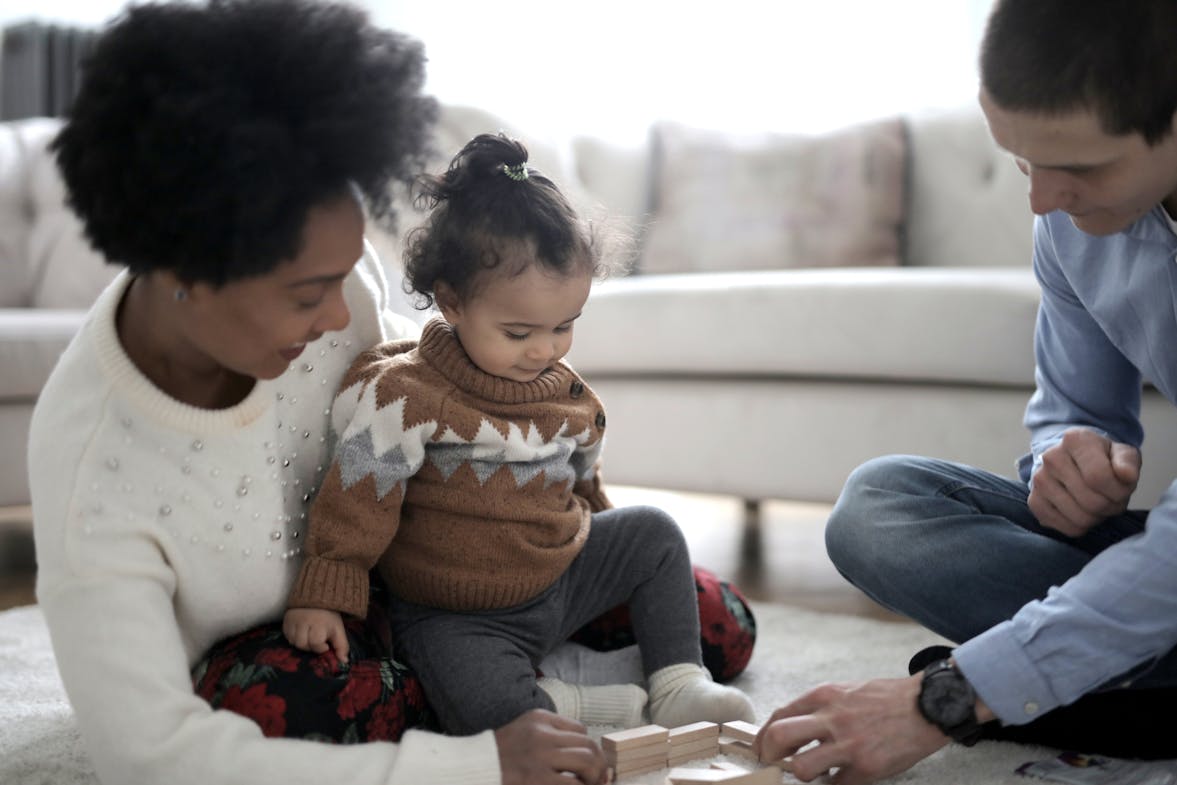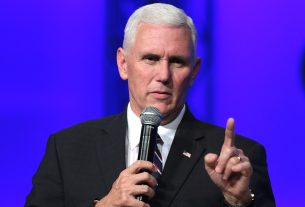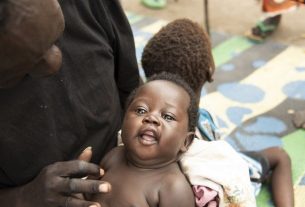In Kenya, the complex legacy of British military presence continues to impact the lives of biracial children born to local women and visiting soldiers. This issue, which has been present since the colonial era, is now coming to the forefront as Kenyan lawyer Kelvin Kubai leads an effort to seek justice for these children. While Kenya serves as a case study, similar stories of marginalization and neglect exist across Africa, where children of foreign soldiers face significant challenges in finding recognition, support, and a sense of identity.
Kenya’s Biracial Children: A History of Social Exclusion and Identity Crisis
The story of biracial children in Kenya begins decades ago, when British soldiers stationed in the country fathered children with Kenyan women. One such child, Louise Gitonga, now 26, was born of a brief relationship between his mother, Margaret Wandia, and a British soldier. Raised in Kenya, Gitonga has faced severe social exclusion and an ongoing identity crisis. Describing himself as “too white” for his Kenyan peers, Gitonga’s life has been marked by discrimination and pain as he navigates a society where he is often referred to as “a white man” or “an albino.”
The experiences of Gitonga and many others like him reveal a broader issue: biracial children in Kenya, particularly those born of foreign fathers, are frequently ostracized and excluded. Socially, they are often caught between two worlds and struggle with being accepted neither by their communities nor by the foreign fathers who often abandon them. Many, like Gitonga, have also faced discrimination in education and employment opportunities, leaving them with limited prospects.
Legal Efforts in Kenya to Seek Justice for Biracial Children
Kenyan lawyer Kelvin Kubai is at the forefront of efforts to secure justice for the children born of British soldiers and local women. Kubai is representing a group of 10 such children in a bid to confront British authorities over their responsibility for the children they left behind. The legal initiative aims to seek acknowledgment of paternity, access to citizenship, and support for these children, many of whom have suffered emotional and social neglect.
Kubai’s campaign also seeks to address allegations of non-consensual relationships between British soldiers and Kenyan women, including cases of rape and exploitation. Some of these children, especially those under 18, could be entitled to British citizenship under UK law. Kubai’s efforts to take these children to the UK for legal proceedings and possible recognition are part of a broader quest for identity and justice for those born under complicated circumstances.
However, Kubai’s efforts face numerous challenges. The British Ministry of Defence has faced long-standing criticism for its failure to address allegations of sexual violence and neglect involving its personnel in Kenya. Despite documented reports from Kenyan civil society organizations like the Kenya National Commission on Human Rights (KNCHR), there has been minimal accountability for the British soldiers responsible for these actions.
A Wider African Issue: Similar Struggles Across the Continent
While Kenya serves as a focal point in this ongoing issue, the struggles of biracial children born to foreign soldiers are not isolated to this country alone. Across Africa, many nations have been host to foreign military forces, leaving behind children who face similar issues of identity, abandonment, and social exclusion.
In countries like South Africa, Sierra Leone, and Uganda, children born of local women and foreign soldiers have also faced discrimination and neglect. These children, often of mixed African and European descent, struggle with issues of racial identity in societies that are not always welcoming of their presence. Many face exclusion from educational institutions, limited employment opportunities, and social isolation, as they are frequently caught between two identities that do not fully accept them.
For example, in Sierra Leone, British peacekeepers stationed there during the civil war left behind children who now face similar social challenges to those in Kenya. In Uganda, the legacy of foreign military involvement during the 1970s and 1980s has also resulted in children growing up with few resources and no support from their fathers.
A Fight for Justice and Identity
The heart of this issue is the quest for recognition, both legally and socially, for these children. In many cases, the foreign fathers—whether British or from other countries—have returned home, leaving their children behind without acknowledgment or support. While Kubai’s efforts are focused on seeking legal recourse and possible citizenship for children born to British soldiers, the broader issue remains: these children are often denied the right to know their fathers, their heritage, and their place in the world.
For many biracial children in Kenya, the absence of their foreign fathers is compounded by societal discrimination. Often seen as “outsiders” in their communities, these children experience a deep sense of alienation. They may be mocked for their appearance, with local children calling them names like “white man” or “albino,” further isolating them from their peers.
Challenges in Holding Foreign Military Forces Accountable
Efforts to hold foreign military forces accountable for their actions in Africa have been largely ineffective, with little political will to confront the issue. The British Ministry of Defence, for example, has been criticized for its lack of action on cases involving sexual violence and exploitation by its soldiers. The Kenya National Commission on Human Rights has documented over 200 cases of rape by British soldiers between 1983 and 2003, yet there has been little accountability or compensation for the victims.
In addition to the challenges posed by foreign governments and military forces, local authorities in some African countries have also failed to support the victims, either due to lack of resources or political pressure. Civil society organizations, however, continue to push for greater accountability and justice, raising awareness about the plight of these children and advocating for their rights.
A Path Toward Justice and Healing
As Kenya leads the charge for legal action and recognition, the hope is that this movement will inspire similar efforts across the continent. The goal is not only to secure financial support and citizenship for biracial children but to help them reclaim their identities and find the acknowledgment they have long been denied. This legal effort, if successful, could provide a much-needed sense of closure for those affected and bring attention to the broader issue of how foreign military presence in Africa continues to shape the lives of local communities, particularly women and children.
For many biracial children in Kenya and across Africa, the fight for justice is about more than just financial compensation. It is about acknowledging their existence, giving them the opportunity to learn about their heritage, and ensuring that they are not left to bear the burden of a complicated and painful history. Through efforts like those led by Kelvin Kubai, there is hope that these children can finally receive the recognition they deserve, both legally and socially.



